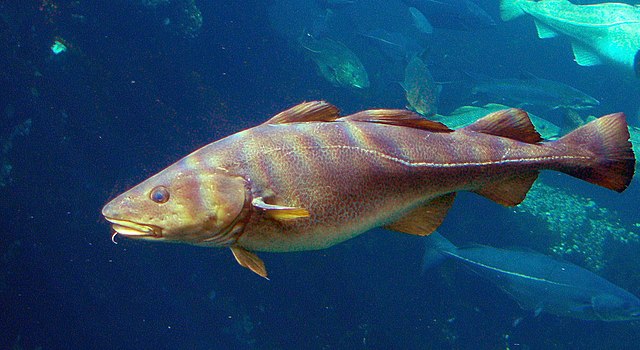Investigating the peculiar immune system of Atlantic cod
Major histocompatibility complex (MHC) class I and II are crucial for the adaptive immune system as they are involved in antigen presentation to T cells. Until recently, it was believed that MHC genes and their associated immune components had been conserved since their evolutionary emergence in jawed fish. However, sequencing of the Atlantic cod (Gadus morhua) genome revealed a loss of MHC class II genes and an extreme expansion of MHC class I genes. These findings lead to the hypothesis that a loss of the MHC class II pathway coincided with a more versatile use of MHC class I, but so far there is no direct experimental evidence in support of this. To gain a deeper understanding of the function of the expanded MHC class I, we aim to understand Atlantic cod MHC class I intracellular localization in Atlantic cod larval cells by confocal microscopy. Intriguingly, our results show that differently from mammalian cells all selected MHC class I variants localize to endolysosomal compartments. Moreover, in Atlantic cod, tapasin, Tap1 and Tap2 colocalize with MHC class I on endolysosomes suggesting that peptide-loading assistance and stabilization of MHC class I occurs outside the endoplasmic reticulum. Altogether, our results demonstrate that MHC class I from Atlantic cod is sorted to the endolysosomal system, which may indicate that it interacts with exogenous peptides for potential cross presentation.
